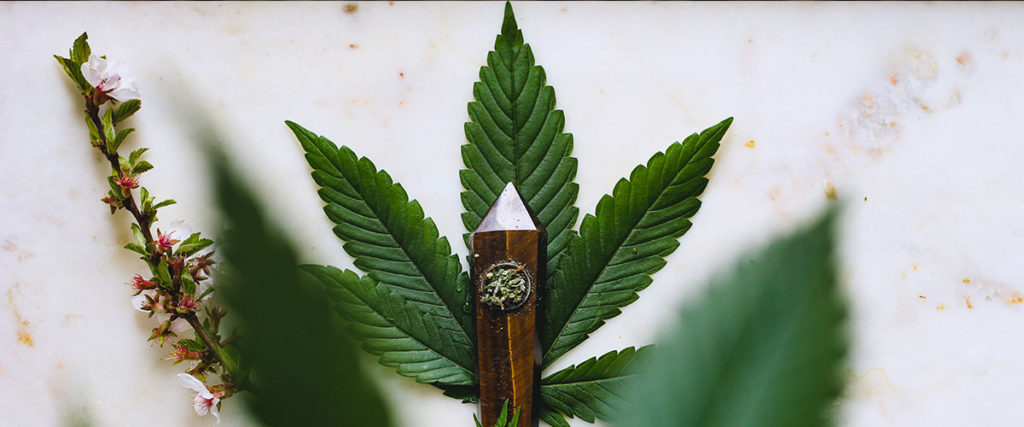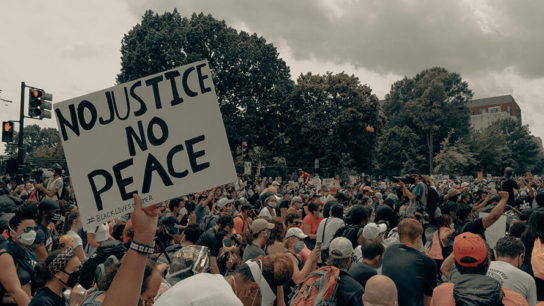Medical marijuana has risen in popularity in the West. However, it still remains shrouded in stigma in many Asian countries.
The legalisation of cannabis continues to grow in many Western countries in what has been termed the ‘Green Rush’. However, despite the growing popularity and acceptance of cannabis use around the world, in Asia, marijuana remains a highly taboo subject and is illegal in most countries due to the social stigma around the plant.
It might surprise you to learn that cannabis is actually indigenous to Central Asia and has been used by its natives for its medicinal properties for millennia. Today, there are 48 countries in Asia, most of which still deem cannabis illegal despite their ancient connections to the plant. However, the times are changing, with some Asian countries such as South Korea and Thailand beginning to soften their views on medical marijuana. Nevertheless, at present, it is still hard to sell medical marijuana in Asian countries. Here are a few reasons why.
Thailand
Thailand has a long history of cannabis use, which was first introduced by migrants and merchants from India, hence the term ‘ganja’ for marijuana being the same in both countries. Thailand used marijuana as medicine for centuries until it was criminalised in 1934 when cannabis was targetted under the Marijuana Act. However, recently, in 2019, Thailand became the first South Asian country to permit the cultivation of cannabis or medical marijuana for consumption, opening its first legal cannabis greenhouse in February 2019. It’s expected that Thailand’s burgeoning cannabis industry will grow by USD 660 million by 2024.
Even with the recent developments, however, recreational marijuana is still a class-5 narcotic under the Narcotics Act of 1969-79 and possession of unlicensed cannabis is criminalised with harsh penalties. At present, Thailand only allows the possession of the plant or online marijuana selling if the necessary approval and legal certifications have been acquired.
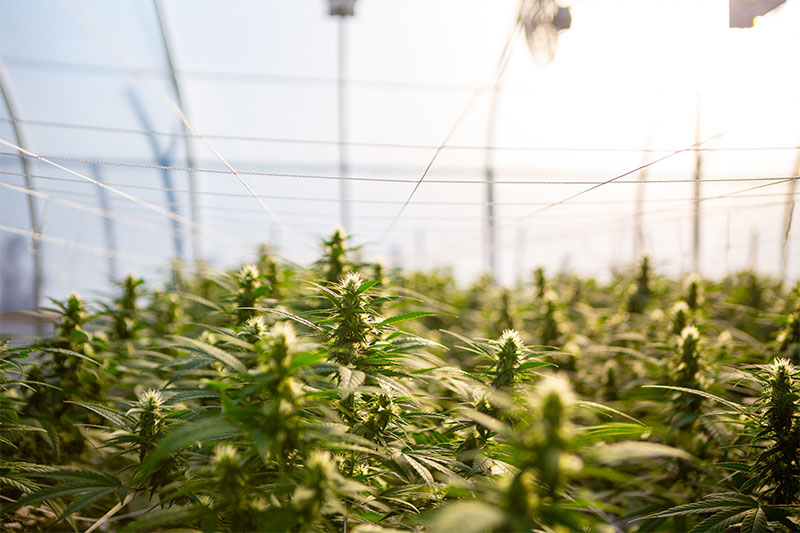
Singapore
Similar to Thailand, cannabis was first introduced in Singapore by immigrants from India. Since 1970, Singapore has maintained a rigorous approach towards cannabis and has a zero-tolerance policy towards drugs. In 2018, however, Singapore announced a revolutionary ‘bio-based economy’, valued around SGD 25 million (USD 17.9 million), which includes developing chemical compounds derived from the marijuana plant.
Despite this, the possession and use of cannabis are still heavily penalised. Classified as a Class A controlled drug under Singapore’s Misuse of Drugs Act, those in possession could end up in prison for a period of up to ten years and be slapped with a fairly hefty fine of SGD 20,000 (USD 17,935). Those found guilty of trafficking a quantity of more than 500 grams may even face the death penalty.
Malaysia
Alongside Thailand, Malaysia is the second country on the path to legalising medical marijuana. It is working with THC Global Group Limited to develop policy and framework for the legalisation. In spite of these developing reforms, however, cannabis is currently still regulated under a draconian rule. Those with possession of over 200 grams of marijuana are presumed by law to be trafficking in drugs – a felony which, under Malaysian legislation, carries with it a mandatory death penalty.
Philippines
At present, the Philippines is facing a ferocious and grim war on drugs, with both the authorities and the government blacklisting cannabis. With that being said, the Philippines is looking to legalise medical marijuana.
They recently proposed a bill that would allow cannabis use for qualifying physicians, patients, caregivers, and compassion centres. The law has already gotten support from the Philippine Cancer Society, but it has yet to be passed.
Taiwan
Currently, cannabis is illegal in Taiwan and listed as a Category 2 narcotic. Possession of the drug can result in up to three years imprisonment under the Narcotics Hazard Prevention Act, while planting or trafficking can result in at least seven years of imprisonment.
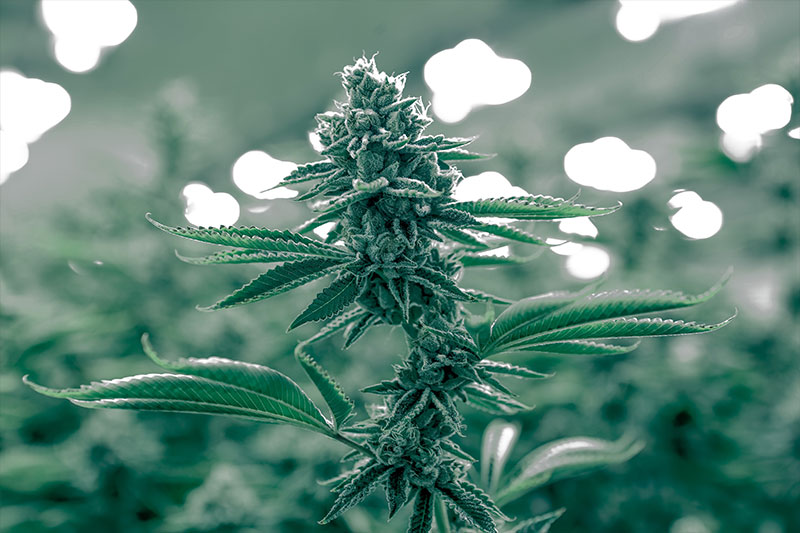
South Korea
Cannabis was once an important crop in ancient Korea and dates back to as early as 3000 BC. It wasn’t until the 1970s that cannabis became banned under the Cannabis Control Act of 1976. Today, users of the drug risk imprisonment for up to five years and a substantial fine of USD 44,000.
In March 2019, however, in a surprising move, South Korea officially legalised medical marijuana. Still, there are stringent rules for anyone seeking to obtain medicinal cannabis, with the documentation and licensing process being exceptionally complex, making it extremely tough to get a legal certificate.
Japan
In 1948 under American post-war rule, Japan imposed a ban on cannabis, despite having cultivated the plant since the pre-Neolithic era. The possession and use of recreational marijuana could result in a prison sentence of up to five years and a fine. Growing, selling, and transporting cannabis is punishable by up to seven to ten years of imprisonment, as well as a fairly significant fine.
China
China has historically grown hemp for fibre production and ritual purposes. However, other species of cannabis like marijuana have been illegal since 1985. Under the Law on Public Security Administration, the penalty of being caught with marijuana can land you anything from five years imprisonment to a life sentence, though there have been certain instances where users were merely detained for a period of 10 to 15 days, and were only required to pay a small fine. Those caught with just five kilograms or more may run the risk of receiving the death penalty, however.
Though it is illegal to use, purchase, or sell CBD in the country, China, in fact, has a booming cannabidiol (CBD) industry and is a major player in the medical cannabis market. The nation is expected to produce various CBD derivatives for medicines and beauty products in the coming years.
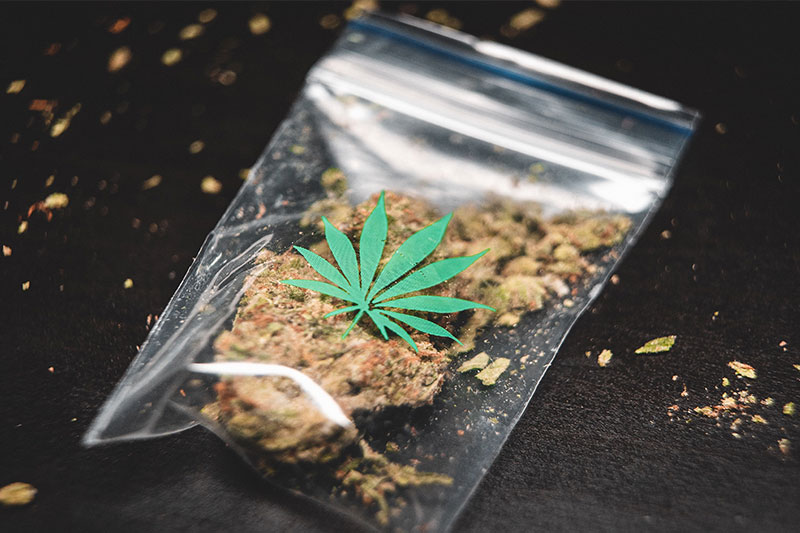
Israel
Israel is one of the more open-minded countries when it comes to the use of cannabis in both Asia and the rest of the world. In fact, the legalisation of medical marijuana took place there long, long ago in the 1990s. In June 2020, new legislation decimalised marijuana possession for up to 50 grams, making it one of the first countries in Asia where cannabis has been fully legalised.
India
In ancient India, cannabis was regarded as one of the five most sacred plants, with marijuana playing a role in religious rituals for millennia. Today, it is highly criminalised – except for research, medicinal purposes, and government-authorised premises. One has to get an official license from the government for the cultivation. With the increasing popularity of cannabis, however, there are winds of change for India’s marijuana industry.
Conclusion
Although medical marijuana has begun to be more accepted in Asian countries such as Thailand, South Korea and Israel, possession of the substance still carries the risk of the death penalty in Malaysia, Singapore, and China and heavy penalties in many others. The legal marijuana market may be projected to reach USD 73.6 billion by the end of 2027, but it remains to be seen if social attitudes around the drug will shift in Asia.
Related Articles
Heavens Please: The Startup Fighting Cannabis Stigma in Hong Kong
#TattooGirlsJP: Breaking the Stigma Against Tattooed Women in Japan
LUÜNA: Tackling Stigma, Shame & Silence Around Periods Across Asia
